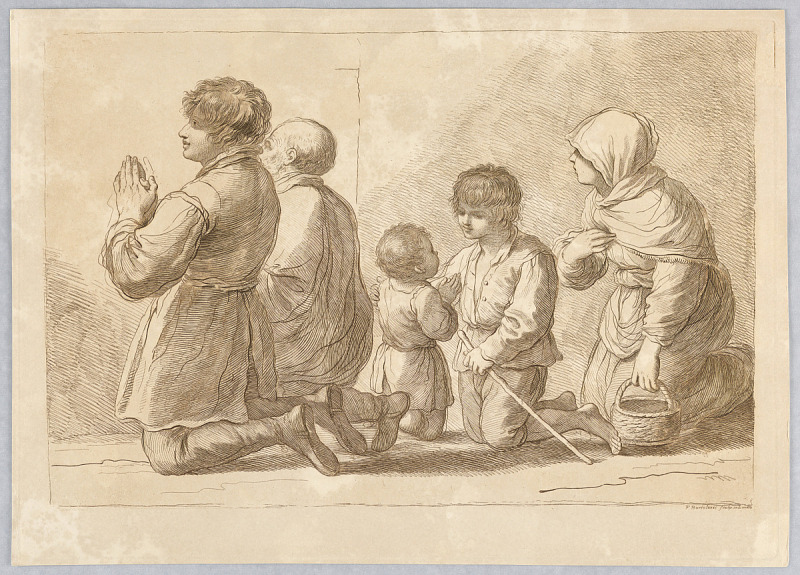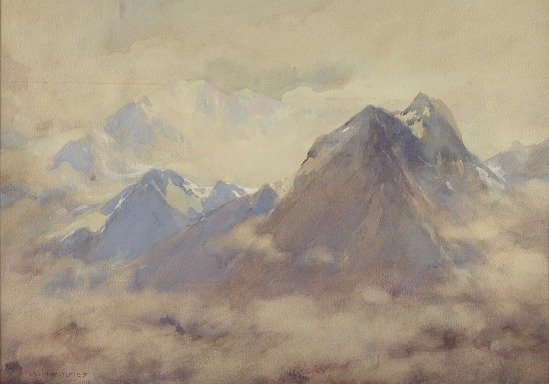Pray for the Slaveholder
By A.S.
Annotations by Celia Hawley

O! forget him not ye who plead for his slaves. He
needs your prayers. God is arrayed against him.
“If he turn not, he will whet his sword; he hath bent his bow
and made it ready.” [1] O pray for him ere the bent bow
twangs above him, and the “arrows of the Almighty”
drink up his spirit. He needs your prayers. Never
was mortal more destitute [2] of prayer. Remember that no
effectual prayer can go up for the slaveholder except from
those who pray for the deliverance of the slave. As ye
love his soul, as ye hate his sins, as ye deprecate [3] his
doom, pray for the guilty slaveholder.

Pray for the slaveholder, the monthly offering, September 1, 1840
Contexts
Amidst exhortations in the 19th century to pray for the slave, this plea to pray for the slaveholder himself might have been important for children and adults alike. Vilified by many in the anti-slavery movement, the slaveholder was less often than the slave the beneficiary of pleas for mercy and kindness.
From the same edition of The Monthly Offering, an expression on the meaning and value of prayer also written by “A.S.”: “Prayer is indispensable. It will strengthen our hearts and our hands while we toil. It will soften and sweeten our spirits, and prepare us to speak the truth in love. It will fill us with that holy courage so needful amid the popular violence and haughty menaces that beset us. It will keep our motives pure, and our eye single. It will buoy us above the pollutions of worldly expediency, and pose us immoveably in the pure upper air of principle.“
Why Did So Many Christians Support Slavery? An article about the reasoning of some 19th century American Christians.
Resources for Further Study
- Prayers From African Americans in History: Orisons of famous Black Americans
- William Henry Holmes, painter and scientist.
Pedagogy
- Are you surprised to read a prayer for the owner of slaves? Why does the author of the prayer say we should pray for the slaveholder?
- Who should pray for the slaveholder, according the the text?
- Why do you think the painting The Almighty’s Own, an Impression of the High Andes is included with this selection? What is the feeling of the painting, and how does its title contribute to that feeling?
- How does the choice of watercolor as the medium for this painting effect its message? What effects do watercolors uniquely bring to painting?
Contemporary Connections
The Bible was used to justify slavery. Then Africans made it their path to freedom.